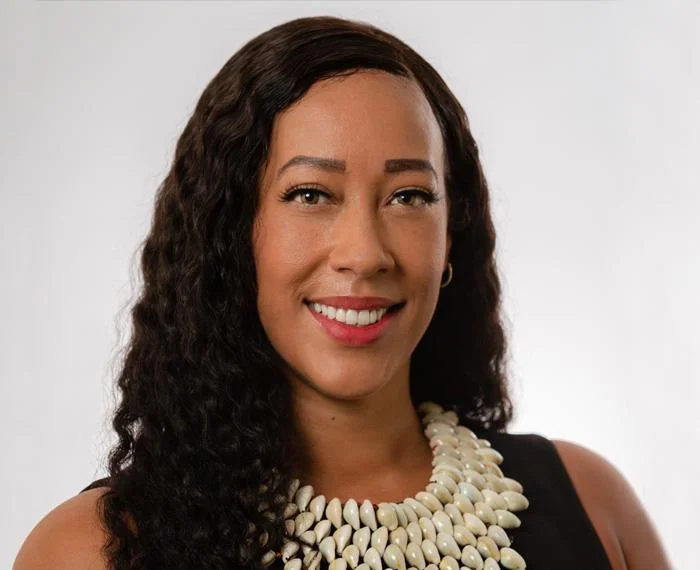Kyaien Conner to bring community focus as director of CRSP
Kyaien Conner, the new director of the Center on Race and Social Problems.
February 8, 2023
Kyaien Conner started her masters in social work at Pitt in 2002 — the same year that the Center for Race and Social Problems first opened under the leadership of Larry Davis. Twenty years later, she will return to Pitt as the new director of CRSP.
“Dean Larry Davis was a huge inspiration for me,” Conner said. “He mentored me. He saw things in me that I didn’t see in myself.”
Conner, who steps into the director role on July 1, will be the first permanent director of CRSP since Davis retired in 2019. Before she moved to her current position as an assistant professor of mental health law and policy at the University of South Florida, she received her bachelor’s in psychology and Africana studies, her masters in social work and public health and her doctorate in social work from Pitt. She was also an assistant professor of psychiatry in Pitt’s School of Medicine and completed a postdoctoral fellowship at Western Psychiatric Institute and Clinic. Conner said her time at Pitt allowed her to create a rapport with the community that will help her as the new director.
“I have colleagues that I have extensive relationships with and have continued to collaborate with with regard to research and scholarship in the School of Medicine, in the School of Public Health, in [the department of] Africana studies,” Conner said. “A number of my previous classmates now hold leadership positions at the University of Pittsburgh.”
Conner said her top priority as the director is educating students and providing them opportunities to engage in critical thinking. She said universities should expose students to diverse “tools and information” to prepare them to work directly in communities.
“Often, especially large academic institutions are certainly one of the biggest employers of members of the community,” Conner said. “We have people in our surrounding communities who are working within our institutions. But also, I think that it’s our responsibility to advocate for those in our community — those who have been disenfranchised, those who are marginalized, those who may not have a voice or a platform to speak for themselves or to advocate for their needs.”
John Wallace, vice provost for faculty diversity and development and the former interim director of CRSP, said Conner is the perfect package for the new director of CRSP.
“She’s a clinician, she’s a community-engaged scholar… but also being involved with policy and in a difficult policy environment, around the issues of racial equity, and being successful,” Wallace said. “I mean, we’re seeing a lot of what’s going on in Florida around the college and university space, and for her to be actively involved in the policy space and being successful in that circumstance, I think she’s just a tremendous scholar.”
Florida governor Ron DeSantis recently signed a bill restricting race education in K-12 schools, including by banning critical race theory. Conner said she worked to voice the challenges and problems with the government challenging academic freedom.
“Higher education is really a place not for indoctrination, but for us to provide our students with a wealth of information on all sides of the spectrum so that they can make their own decisions and conclusions that we can’t shield them from the truth,” Conner said. “Our history is our history. And our history in this country has led to significant racial inequities that are real, and we’re not going to be able to solve the problems if we’re not able to acknowledge that they exist and why they exist in the first place.”
Wallace said Conner’s experience and published literature show that racial equality is a personal and professional priority for her.
“The issue of racial equality is a clear priority of our provost, of our chancellor,” Wallace said. “And our capacity is a Research One institution that publishes widely, has an excellent reputation. The data confirms the issue: we’re not a nation where we’ve yet attained racial equality.”
Conner also said she wants to enhance the visibility of the center so students and the community will understand its initiatives. She said she wants to bring in researchers from across the country to discuss important issues and motivate students to pursue their Ph.D.
“As a clinician, as an academic, as a scholar, I really want to maximize the community engagement centers that we have in the city of Pittsburgh,” Conner said. “I want to focus on training and engaging more and community-based participatory research and community-engaged research, where its key stakeholders from our community have a voice and are fully engaged in the work that we’re doing.”








